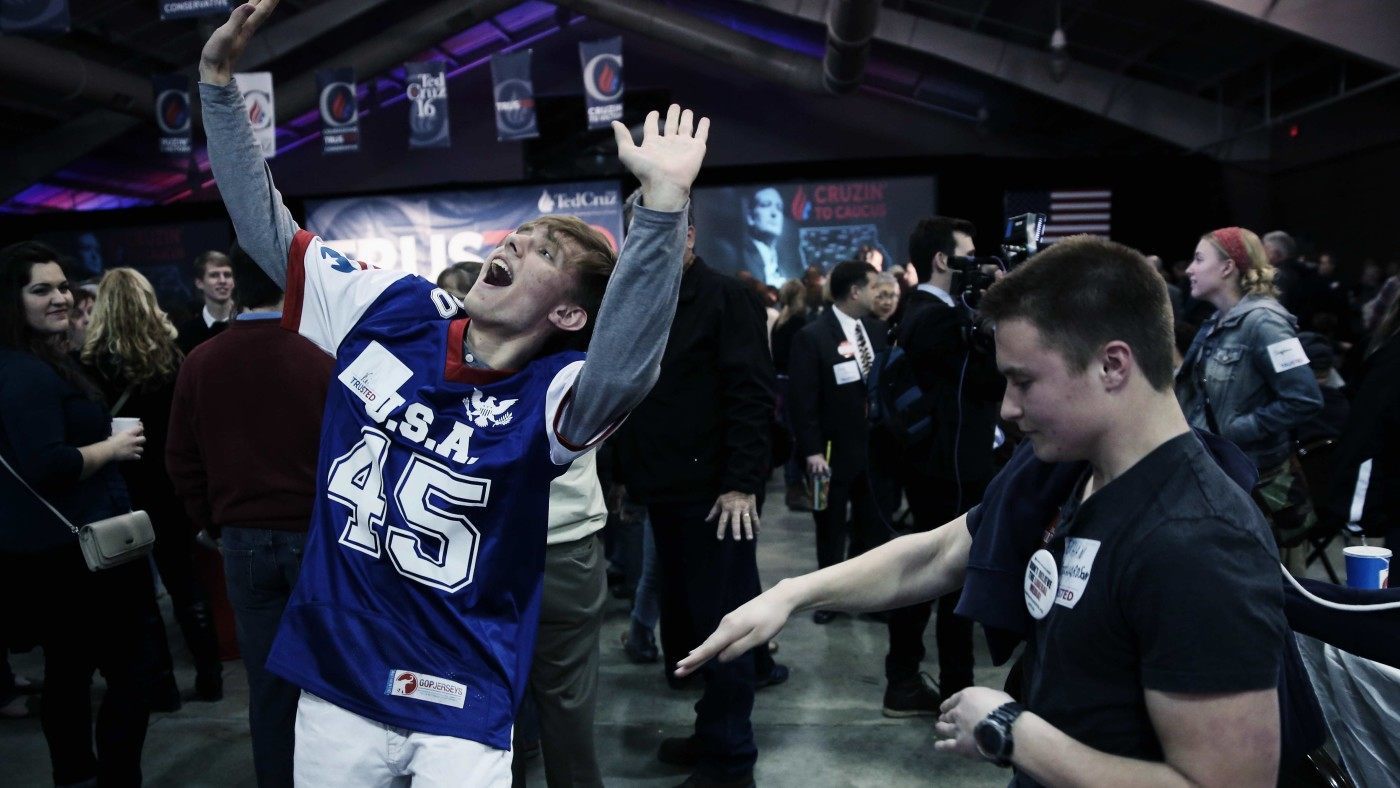Last night’s Iowa caucus had several narratives. As Tim Montgomerie wrote earlier today, it wasn’t just a victory for the victors. The fact that Bernie Sanders, an avowed socialist, came within just a few votes of victory after Hillary Clinton had been leading in double digits speaks to the fact that Clinton’s inevitability doesn’t seem quite so guaranteed. The night was also a victory for Marco Rubio, who, while he came in third, was beat by the presumed victor Donald Trump by a small margin of votes.
The other victor last night was the conservative movement. During the last GOP debate in Iowa, Ted Cruz did the unimaginable: he came out against the powerful ethanol lobby which few politicians running for election in Iowa has dared speak ill of in the past, for an obvious reason: Ethanol is made from corn, and Iowa harvests around 2.4 billion bushels of corn from almost 14 billion acres of cornfields each year.
Time Magazine wrote of the statements, “On Thursday night, Cruz defended his position on conservative, anti-big-government grounds, saying he opposes all federal subsidies across the energy sector, period.”
Donald Trump’s hail Mary pass the day before the election was to hit Cruz on his ethanol remarks, as would be conventional wisdom for any Republican to do against someone who insulted the holy grail of Iowa politics. This strategy backfired, given that Trump was leading Cruz by a healthy margin in the respected Des Moines Register poll released right before the beginning of the caucuses.
“Cruz’s strong showing in Iowa suggests Hawkeye State voters are less beholden to the ethanol lobby than they had been in previous years,” noted The Daily Caller’s Michael Bastasch
Not only did Cruz win despite his anti-ethanol rhetoric, but he secured a record number of voters to do so.
In the New York Post John Podhoretz argues that while Trump may lead some polls, pollsters are unable to quantify just how much Trump’s negativity can serve to bring out voters who might have otherwise stayed at home in order to cast a vote against the bombastic businessman. “Perhaps, in the Iowa results, we saw the first real effects of Trump’s unpopularity with Republicans — that he may be generating actual negative turnout of the sort pollsters find difficult to measure. People may not have crawled through glass to vote for him. They may have crawled through glass to tell Trump to take a well-deserved hike,” Podhoretz suggested.
Before the caucuses, the flagship magazine of the conservative movement National Review published a special issue with a symposium of the movement’s 30 leading thinkers about why they were against Donald Trump. It seems Iowans were listening.


